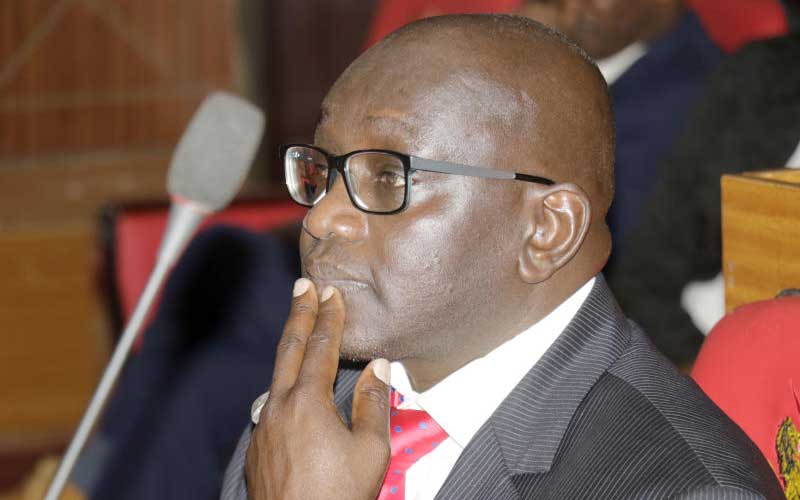×
The Standard e-Paper
Join Thousands Daily

Barely a week after Punguza Mzigo Bill was handed to the 47 county Assemblies, the subsequent criticism is now threatening to steal its allure.
From locking out meaningful participation of other actors to adopting populist approach and complicating simple matters to lack of transitional clauses, the Bill has been flayed open in censure.